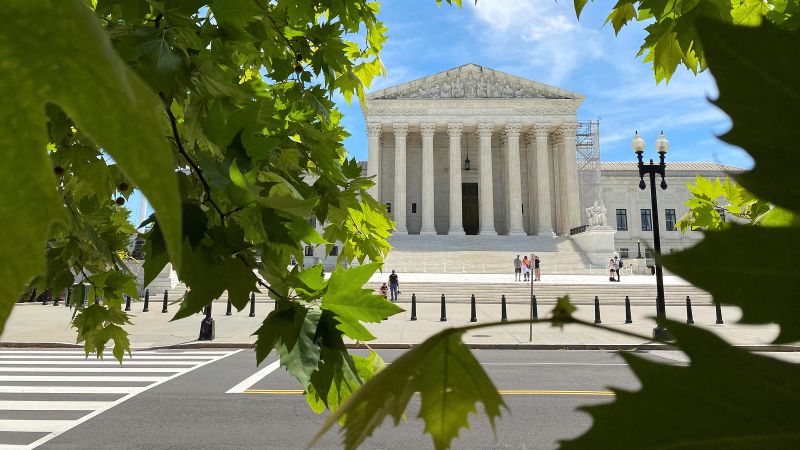
Mississippi's Social Media Regulations for Minors Following Supreme Court Decision
Politics | 8/14/2025
Mississippi may soon implement stringent measures regarding social media usage, following a recent Supreme Court decision. The ruling permits the enforcement of a state law mandating major social media platforms to verify user ages and secure parental consent for minors. This initiative aims to safeguard children from potential online threats, particularly concerning predatory behavior.
Supporters of the law argue that these regulations are crucial to shield vulnerable minors from the perils of the digital realm, emphasizing the importance of proactive measures in safeguarding children’s online experiences. However, critics raise concerns about the practicality and potential impact of such requirements on social media companies, highlighting possible challenges in implementation and enforcement.
The decision reflects a broader societal shift towards addressing online safety for young users, acknowledging the unique risks they face in the digital landscape. Proponents view this development as a significant step towards enhancing child protection measures in the ever-evolving online environment, where children are increasingly active participants.
Legal experts suggest that this move by Mississippi could set a precedent for other states grappling with similar concerns about child safety online. The decision underscores the complex balance between protecting minors from harm and respecting the operational autonomy of social media platforms, raising questions about the regulatory landscape for digital services catering to young users.
As Mississippi moves towards potentially implementing age verification and parental consent requirements for social media, the implications for digital safety and regulatory frameworks nationwide remain a focal point of discussion. The evolving dynamics between state legislation and online platforms signal a growing emphasis on safeguarding minors in the digital age, prompting a reevaluation of existing practices and standards in the realm of social media governance.


